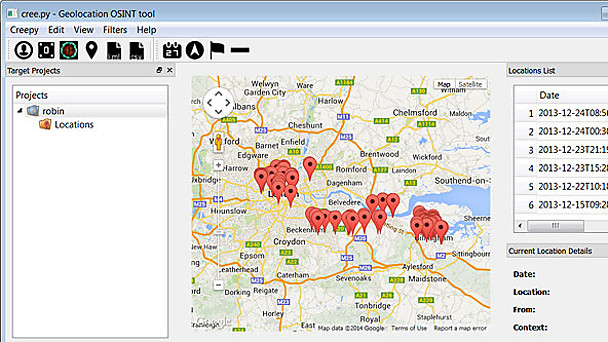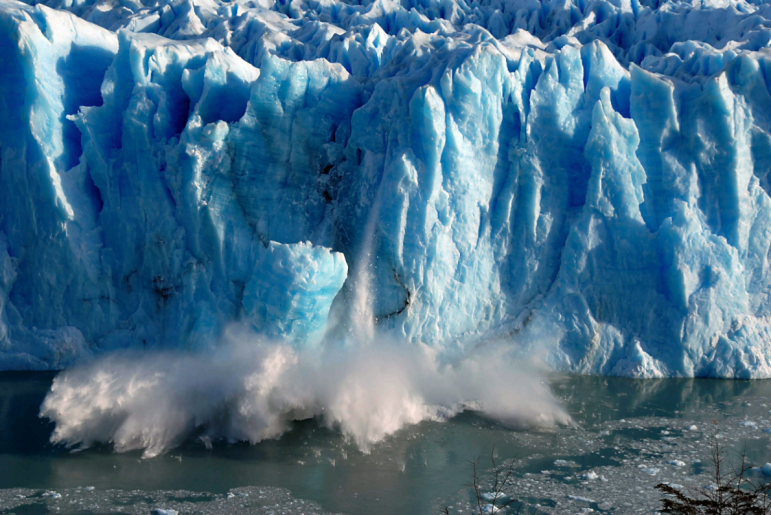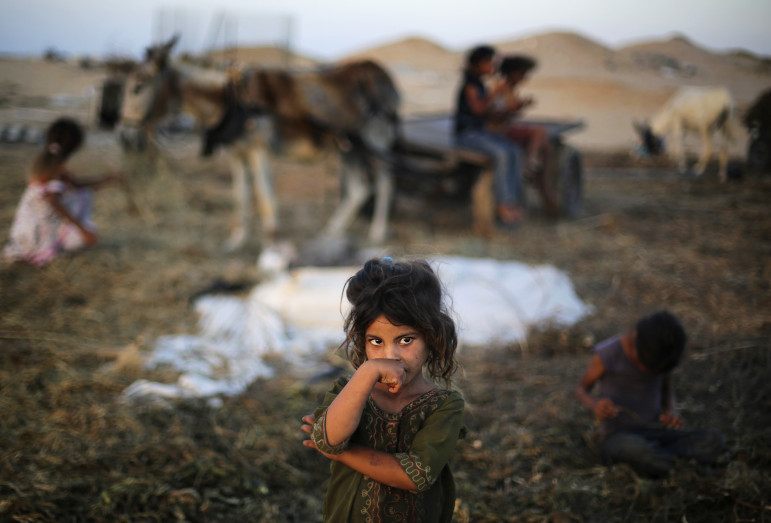
Data Journalism Methodology Research
Top Ten #ddj: The Week’s Most Popular Data Journalism Links
What’s the data driven journalism (#ddj) crowd tweeting about? Here are the week’s Top Data Journalism Links on Twitter (for May 13-23), including items from Open News, IJNet, and the Tow Center, among others.






